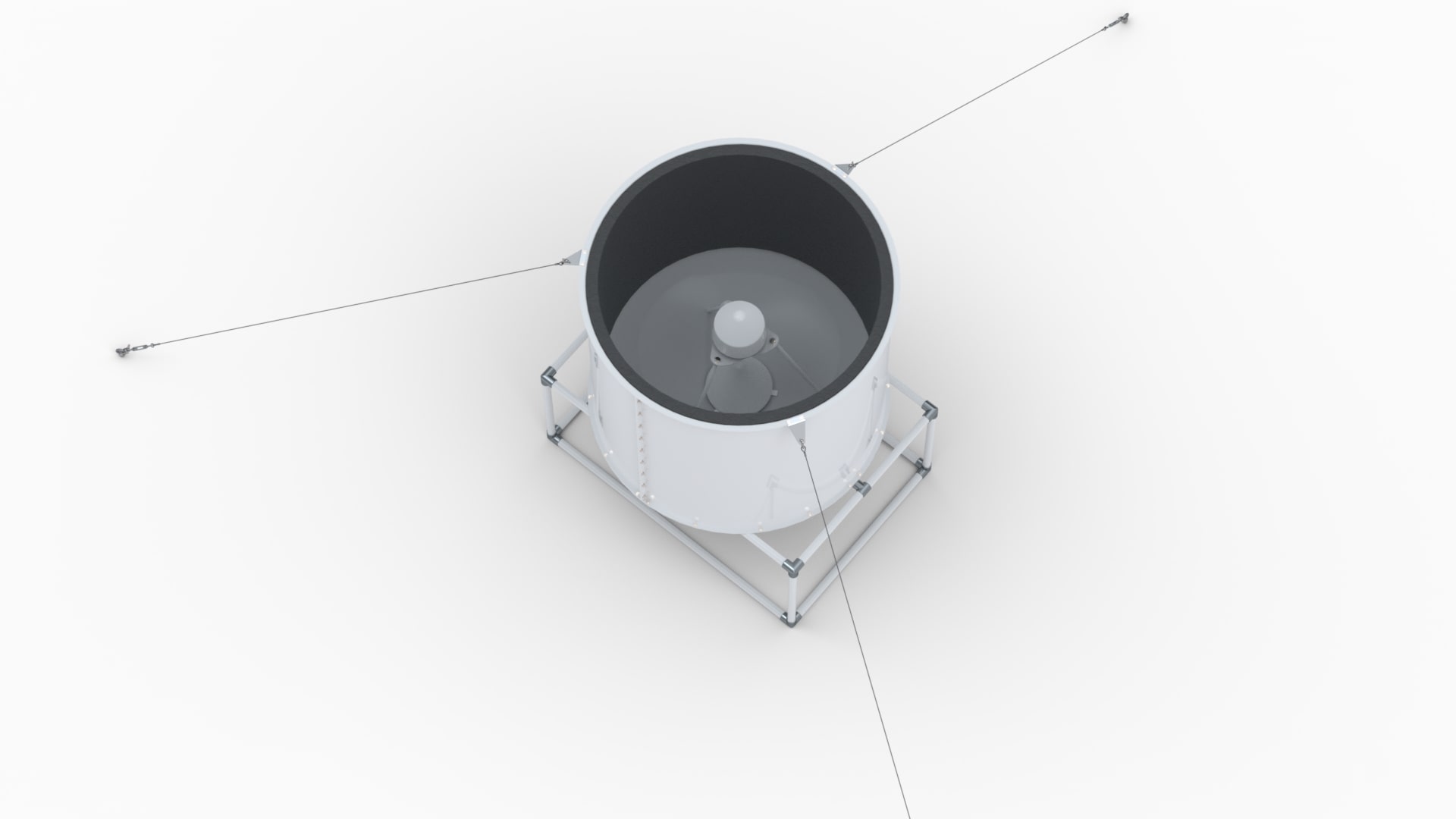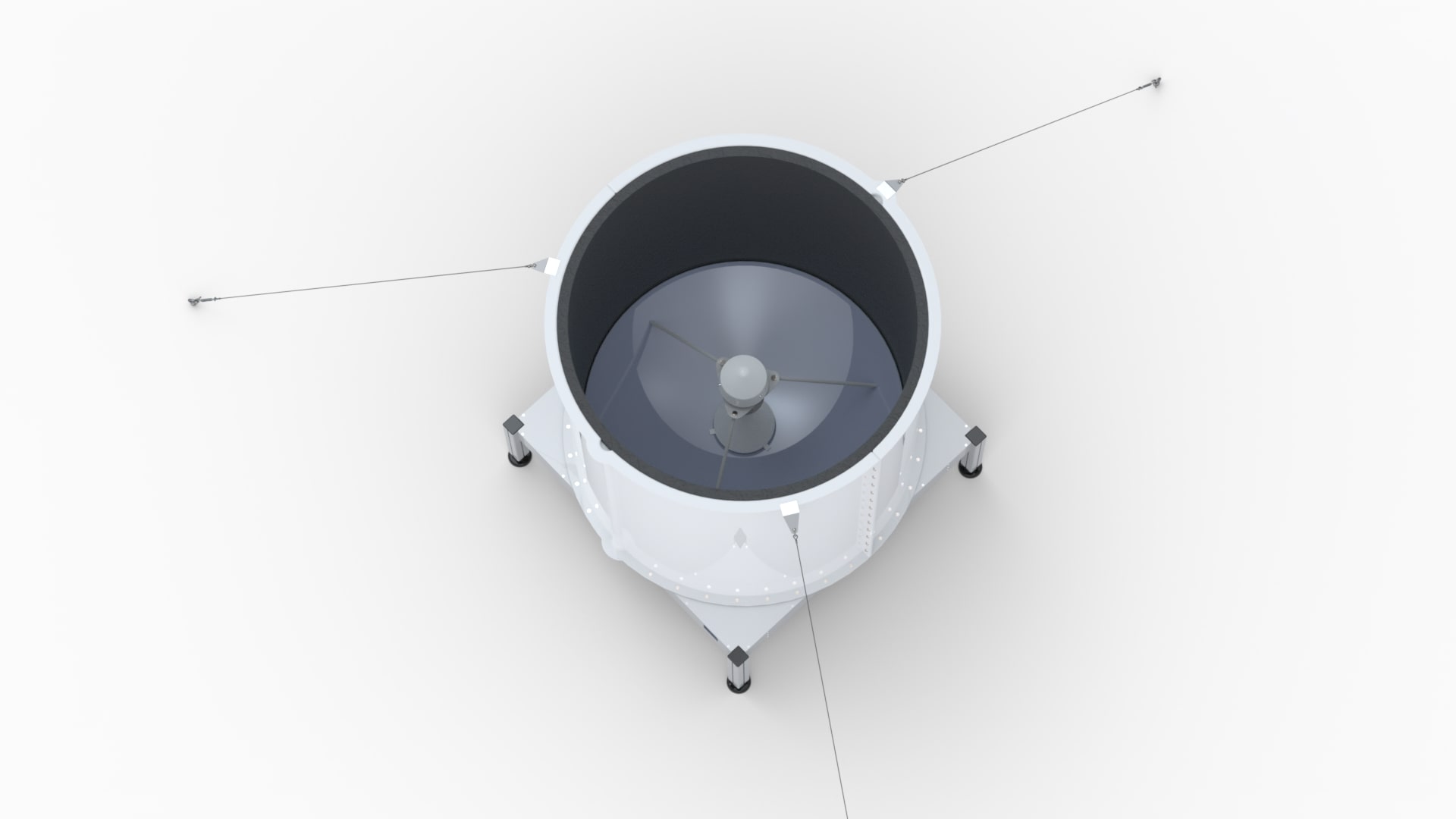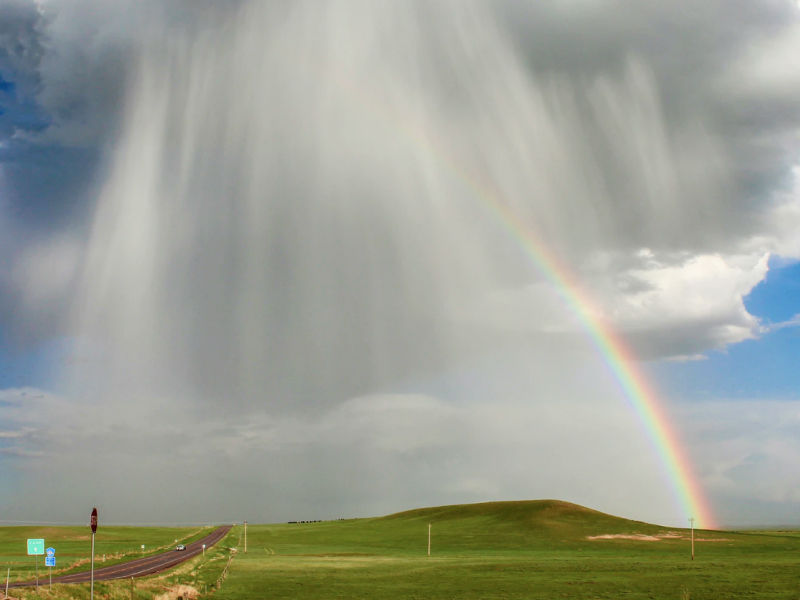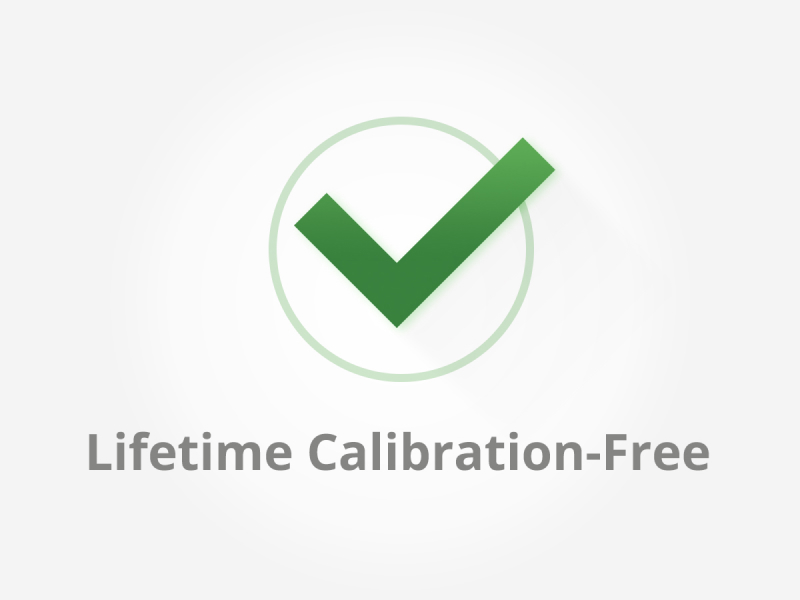A RASS Extension for Radar makes a Scintec LAP® Series Radar a high-performance temperature profiler. The RASS Extension for Radar consists of a number of acoustic sources which emit sound waves acting as reflectors for the radio waves. The Doppler shift of the reflected radio waves depend on the speed of sound and hence on the temperature within the propagating Radar pulses.
The RASS Extension for Radar is easily integrated into an existing LAP® Series Radar Wind Profiler system. The vertical spacing of the temperature meaurements corresponds to the spacing of the vertical wind measurements.
The RASS technology is unmatched when it comes to accuracy and reliability of temperature measurements and superior to passive radiometer sensors. Unlike radiometers, the RASS can resolve even complex temperature structures and does not require any regular calibration. This makes the RASS not only the most accurate and reliable but also the most cost-effective remote temperature measurement device.

This RASS Extension adds the capability for measuring temperature profiles to a LAP®3000 Radar Wind Profiler.

This RASS Extension adds the capability for measuring temperature profiles to a LAP®8000 Radar Wind Profiler.




